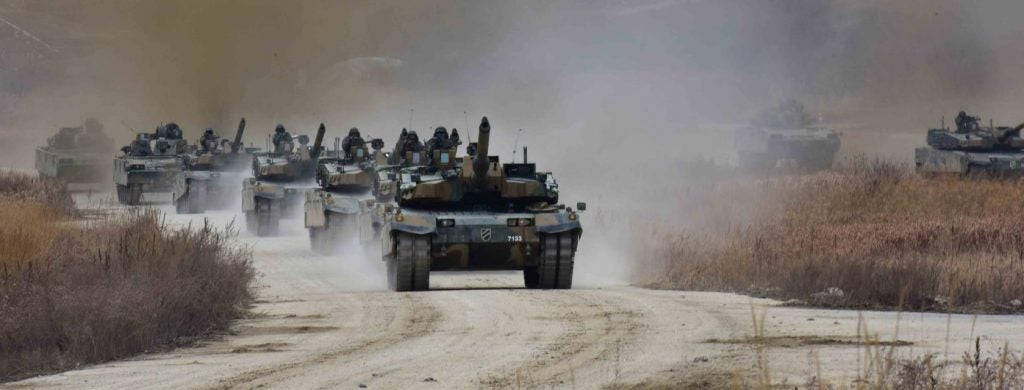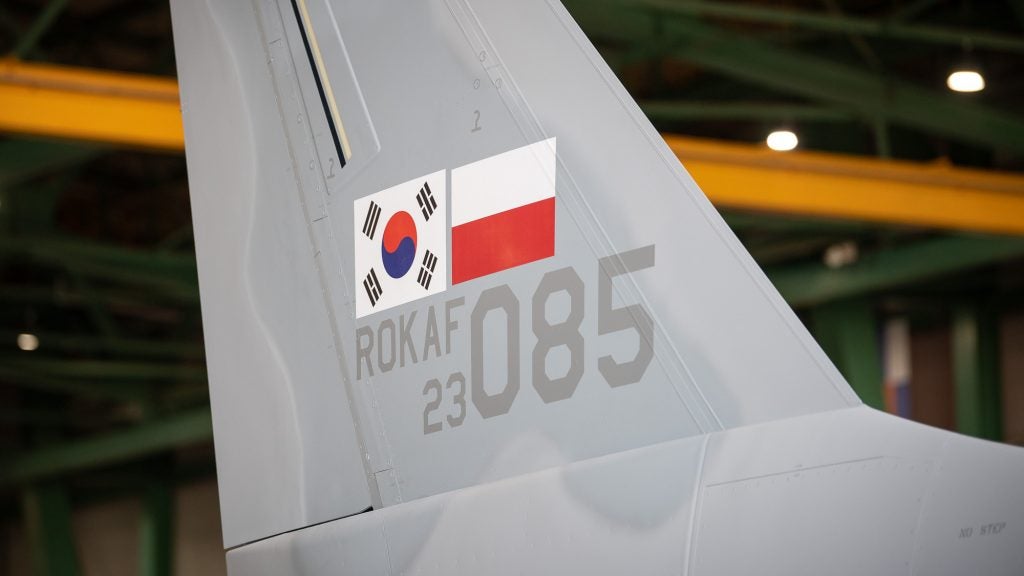Poland: Korean Arms Buy Contract Signings Expected
The Polish government has confirmed that it is in talks with South Korea for a wide-ranging series of arms procurements, saying that it expects contracts formalizing the procurements to be signed next week.
In a tweet on Friday, Polish Armaments Agency spokesperson Krzysztof Płatek said that Warsaw was finalizing negotiations with South Korea for the procurement of K2/K2PL tanks, K9/K9PL self-propelled howitzers and FA-50/FA-50PL lead-in fighter trainer aircraft. This confirmed speculation that a substantial agreement was in the works. He added that all procurements would come alongside “broad” technology transfer.
Later on Friday, Defense Minister Mariusz Błaszczak said that he expected contracts for the procurements to be signed next week, adding that:
“Fast delivery and industry development are key! We reconciled the often divergent interests of soldiers and the arms industry. It’s a win-win situation for both groups.”
Earlier this week, the Korea Economic Daily reported that Seoul expected the signing of a memorandum of understanding or memorandum of agreement on the procurement of these systems by the end of July, following a series of bilateral meetings between South Korean President Yoon Seok-yeol and Polish President Andrej Duda during NATO’s Madrid summit. An official that spoke to the Korea Economic Daily described the sale as the “first achievement” of President Yoon’s “sales diplomacy”.

The newspaper said that K2 manufacturer Hyundai Rotem was discussing plans to supply 180 K2s by 2024, with an option for the delivery of an additional 400 K2s by 2030. Korea Aerospace Industries, meanwhile, was reportedly negotiating with the Republic of Korea Air Force on the possibility of diverting 8 of the 20 FA-50s to be delivered to the ROKAF this year to the Polish order to ensure rapid delivery. While K9 manufacturer Hanwha has not indicated any planned delivery timelines, it expects to deliver up to 670 K9s.
While the Korean defense industry has become increasingly engaged in offering its products on the international market over the past few years, Seoul expects defense exports to greatly increase due to a global trend towards increased defense spending as nations modernize or expand their armed forces in response to the Russian invasion of Ukraine, as well as continued geopolitical tensions between the United States and the People’s Republic of China.

